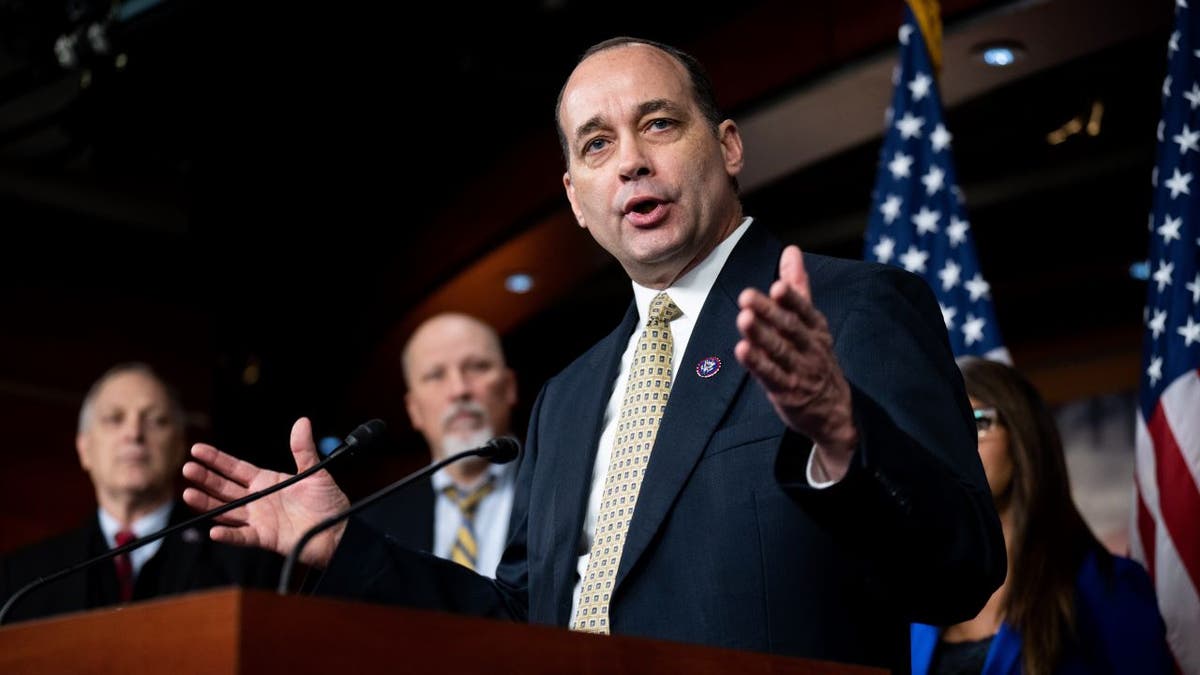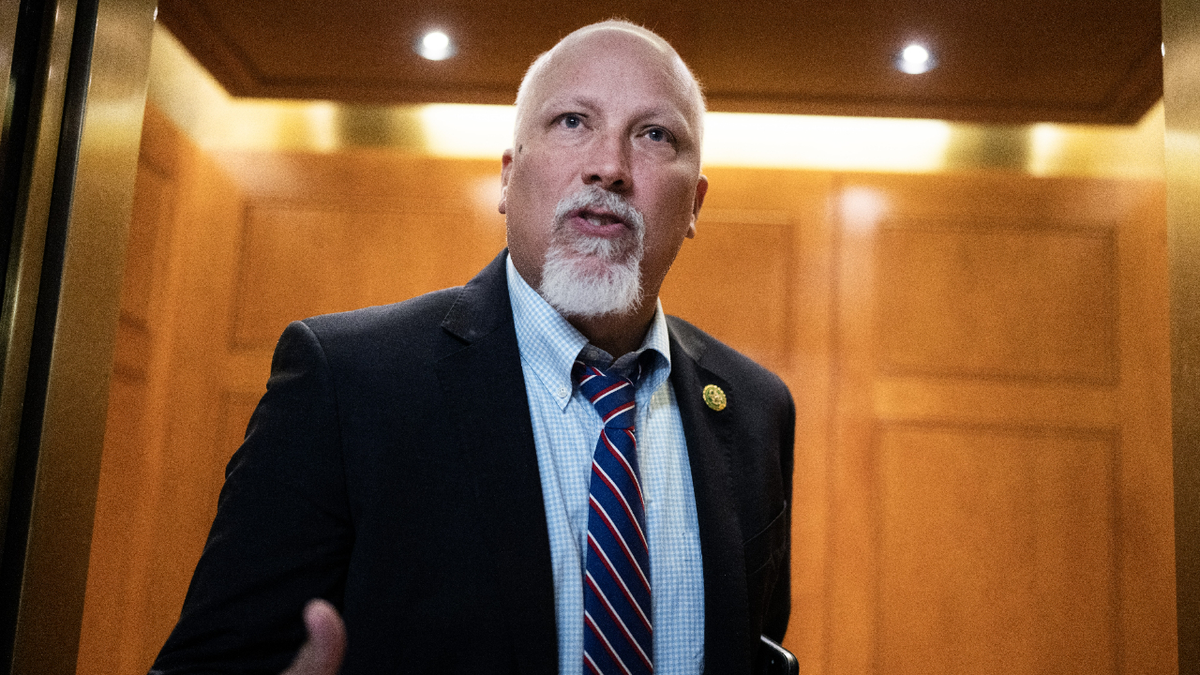Newt Gingrich to Speaker Johnson: Don’t do it
Fox News contributor Newt Gingrich discusses his warning for House Speaker Mike Johnson and reports former President Obama is worried about Biden's 2024 re-election campaign on 'The Ingraham Angle.'
A small group of hardline Republicans forced a House floor vote to fail on Wednesday afternoon in an apparent shot at Speaker Mike Johnson, R-La., for working with Democrats on a bipartisan path to avoiding a government shutdown.
Tensions flared in the Capitol as Republicans rebelled against their own party on a normally sleepy procedural vote. It has temporarily paralyzed the House floor — Freedom Caucus Chair Bob Good, R-Va., one of the rebels who tanked the vote, suggested they would do so again if they don't get certain commitments from Johnson on spending and the border.
It was followed by what appeared to be a heated confrontation between Johnson and Rep. Chip Roy, R-Texas, who has been leading criticism of the GOP leader since the government spending deal was announced.
Both men were visibly animated, pointing at times and shaking their heads as the group of lawmakers and staffers around them grew larger.
Thirteen members of the House Freedom Caucus and their allies voted against Republicans to sink what's known as a rule vote, a major public setback for House Republican leaders as they deal with just a two-seat majority right now.

Rep. Bob Good, R-Va., speaks during the Freedom Caucus news conference on the debt limit in the Capitol on March 10, 2023. (Bill Clark/CQ-Roll Call, Inc via Getty Images)
A rule vote is a procedural measure made to clear the way for an ultimate House vote on a bill's passage. It is historically unusual for them to fail; before the current Congress, a rule had not failed since 2002. Republican hardliners have weaponized rule votes several times last year.
After the protest vote, most of the rebels were seen following Johnson into his office just off the House floor.
Good addressed reporters off the House floor as lawmakers huddled behind closed doors.
"We're making a statement that the deal — as has been announced, that doesn't secure the border, and that doesn't cut our spending and it's going to be passed apparently under suspension of the rules with predominantly Democrat votes — is unacceptable," Good said.
CHIP ROY SAYS BOOTING MIKE JOHNSON FROM SPEAKERSHIP 'ON THE TABLE'

Speaker Mike Johnson, R-La., put together a spending deal with Senate Majority Leader Chuck Schumer, D-N.Y. (Kevin Dietsch/Getty Images)
"This deal that's been announced does nothing about the border, it does nothing about spending and again, the American people just can't afford it. They're suffering. That's not what they elected us to do," Good continued.
"And so this was a statement of protest to say, hey, we're not going to just go along to get along like everything's okay, and pass messaging bills that are gonna go nowhere."
Rank-and-file members, meanwhile, are increasingly frustrated with the House Republican majority's public disarray.
"Many have jumped past frustration," one GOP lawmaker told Fox News Digital. "Most are pissed."
"Some people get upset about not getting the thing we are never going to get. They need to come to a place that allows them to agitate and us to legislate. It's not helpful or productive," the lawmaker said.
HOUSE, SENATE RELEASE BIPARTISAN AGREEMENT ON GOVERNMENT FUNDING AS SHUTDOWN DEADLINES LOOM

Rep. Chip Roy, R-Texas, led opposition to the spending deal. (Getty Images)
And Rep. Greg Murphy, R-N.C., a conservative, wrote on X after the vote, "If you are a Republican member who constantly votes against the Rule, who says Republicans haven't done anything this Congress, then perhaps you ought to look in a mirror and you will see the answer."
CLICK HERE TO GET THE FOX NEWS APP
It's the eruption of a standoff that has been brewing since Sunday when Johnson announced a spending deal with Senate Majority Leader Chuck Schumer, D-N.Y., to set a statutory limit of $1.59 trillion for discretionary government funding. It would honor a McCarthy-Biden side-deal of an added $69 billion, but Johnson said he secured an extra $16 billion in cuts for this fiscal year to offset some of that.
But Johnson has little wiggle room when negotiating against a Democratic Senate and White House.
Current government funding runs out on two deadlines — some agencies run dry after Jan. 19, while others after Feb. 2. If no action is taken to stop those expiration dates from coming, Congress could be dealing with a government shutdown.














































